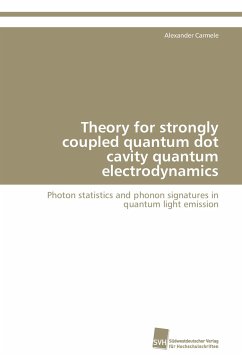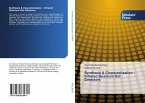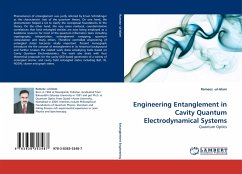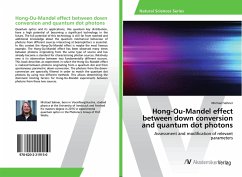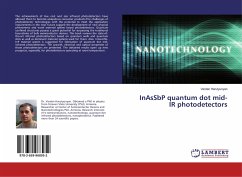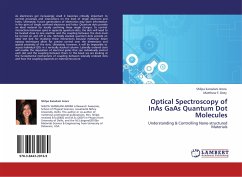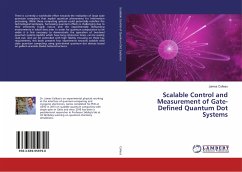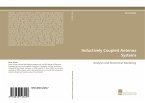Advances in semiconductor technology constitute a new physical system to investigate quantum optics in a solid state environment: a quantum dot strongly coupled to a single cavity mode. In the strong coupling regime, the electron-photon coupling dominates over dissipation processes and Rabi oscillations occur. This thesis focuses on the theoretical investigation of the strong coupling regime in the single-photon limit, in which few photons interact with a single quantum dot and the combined electron and photon dynamics is strongly correlated. Typical theoretical frameworks rely on factorization approaches, such as the cluster expansion scheme. However, for strongly correlated dynamics, standard factorization schemes fail and new theoretical frameworks become necessary. The work in hand develops two novel methods within the equation of motion approach to solve the complete quantum kinetics without a factorization of the electron-photon interaction, including non-Markovian features, and hereby bridges this gap in the theoretical description of semiconductor quantum optics.
Bitte wählen Sie Ihr Anliegen aus.
Rechnungen
Retourenschein anfordern
Bestellstatus
Storno

